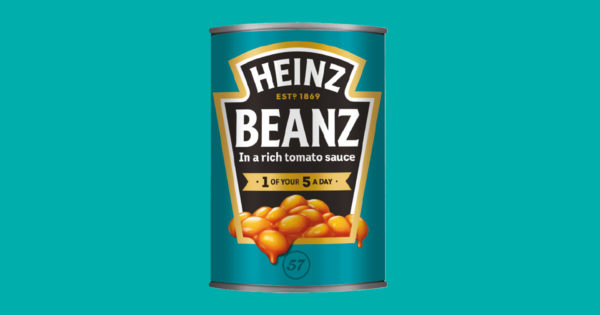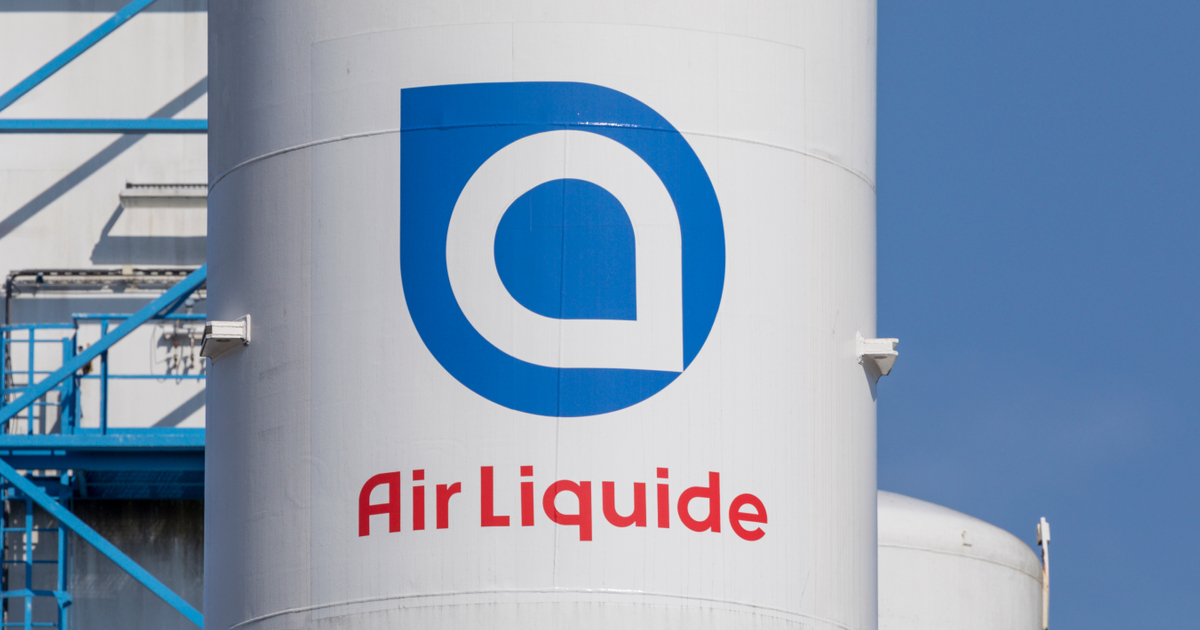Why Caesars Sportsbook is significantly cutting ad spending—inside its NFL plans
Caesars Sportsbook will still lean on J.B. Smoove and the Manning family, though new focus on profitability could dampen year-round NFL spending.

Even as it significantly curtails ad spending, Caesars Sportsbook will seek to stay top of mind with football fans via a fall campaign starring J.B. Smoove and the Manning family. Other sportsbook brands, including FanDuel and DraftKings, are also out with new campaigns in time for the beginning of the NFL season.
But marketing spending in the sector—which has been a reliable source of revenue of late for TV networks and digital publishers—could moderate as the sector matures and brands put more emphasis on profitability.
The new ads from Caesars continue an ongoing campaign that has featured Smoove playing Julius Caesar with Eli, Peyton, Archie and Cooper Manning playing themselves. The ads, which come from the agency Ten6, include Cooper Manning winning a game of charades by deciphering seemingly impossible clues given by Smoove.
The campaign’s larger storyline seeks to differentiate Caesars from competitors by leaning into Caesars’ DNA as a hospitality brand. “J.B. as Caesar represents everything that we want to talk about in how we treat our customers as royalty—and of course, he’s got a royal family along with him, the royal family of football, the Mannings,” said Sharon Otterman, chief marketing officer for Caesars Digital, which includes its retail and mobile sports betting operations.
But Caesars in the coming months will have to spread that message with fewer media dollars.
On an Aug. 2 earnings call, Caesars Entertainment CEO Thomas Reeg said the company had “pulled a planned hundreds of millions of dollars that we were planning to spend,” noting that “our unaided awareness got to a point where we were comfortable pulling back on advertising spend.” He called it a “dramatic pivot,” while noting that “we're heartened that we haven't seen share deterioration” amid the cut. “We've proved we could carve out a significant piece of the business. Now we want to prove we can make a profit,” he said.
Caesars—whose sportsbook app went live in 2021—spent $57.5 million in measured media on sportsbook advertising in the first half of 2022, according to Kantar data researched by the Ad Age Datacenter. DraftKings spent $43.2 million, while FanDuel shelled out $64.7 million in that timeframe.
FanDuel controls 47% gross revenue market share in the U.S. sports betting market, followed by DraftKings (20%), BetMGM (14%) and Caesars (8%), according to estimates from research form Eilers & Krejcik Gaming published by iGaming.
'Right-sizing' the spend
Marketing spending surged in the wake of the Supreme Court’s decision to overturn a federal ban on sports betting in 2018. Sportsbook brands shelled out millions on ads and promotions to lure gamblers every time a new state sanctioned sports betting. Sports betting is now live in 30 states and Washington, D.C., and legal but not yet live in six others, according to the American Gaming Association. New York’s massive sports gambling market came online in January.
But as each state’s betting market gets more mature, sportsbook execs are hopeful they won't have to spend as much on ads and promos. DraftKings CEO Jason Robins on an Aug. 5 earnings call expressed a desire to “dial back on promotions and marketing spend and continue to see user growth” in states where it has operated for a while.
Any sportsbook pullback would be bad news for TV networks and digital publishers, which have enjoyed new sources of revenue from the burgeoning industry as brands battle for market share. DraftKings and Caesars both shelled out major money for Super Bowl ads earlier this year, for instance.
Still, one expert projects brands will still spend big, especially during football season.
“I think we'll see some pretty sizable marketing spend around the start of NFL season from some if not all of the major sportsbook brands,” said Dustin Gouker, an analyst at legalsportsreport.com, which covers regulated sports betting. “The start of the NFL season is one of the best acquisition points for new customers, as there's increased interest in betting during Week 1,” he added, noting that “you also have the dynamic of this being the first full NFL season for New York, which should have the dynamic of creating a sizable bump or 'secondary launch' for the market.”
Another windfall for ad sellers could come if California legalizes sports betting; Proposition 27 on the November ballot, if passed would allow tribes or gambling companies to offer online sports betting in the Golden State.
FanDuel’s NFL campaign, from Wieden+Kennedy New York, was also released today and includes seven new ads. One, called “Every Moment Is A Bet,” reframes life choices with a betting context, with one spot exploring the “odds” of individual moments that led to two peopel becoming a couple, and then parents.
FanDuel declined to elaborate on marketing spending plans, but shared the following statement from Andrew Sneyd, executive VP of marketing: “FanDuel is always looking at media as a disciplined investment to efficiently welcome customers to America’s #1 Sportsbook. As we kick-off the NFL season, we’ll meet this key sports moment, building fan engagement, driving more awareness for our top-rated App, and continuing to earn our place as the sportsbook category leader.”
Caesars—which will have a total of four TV spots coming out soon—will limit its national TV spending this season to ESPN and the NFL Network, while putting more emphasis on local buys, according to Otterman. That’s a shift from last year, when it ran ads on most national TV networks
“We are really right-sizing the spend,” she said. “I think every marketer is striving to be able to segment customers better and reach the right customers at the right time and that is what we are doing as well. This year the media plan is very focused and we are relying a lot on segmentation and making sure we are spending the right amount for the size of our business.”
That means focusing more spending on the beginning of the start of the seasons of major sports leagues such as the NFL in an attempt to drive interest as fans prepare for the new year. “Those first couple weeks of the season are really important to us,” she said.
Caesars is also leaning into its rewards program, which leverages its brick-and-mortar properties by allowing bettors to earn credits than can be cashed in at hotels, restaurants and shopping venues.
Sports gamblers “want it to be more than a transaction—they really want to be rewarded, they want to be recognized,” Otterman said. “And we believe we have the best loyalty program to be able to do that.”

 Tfoso
Tfoso 
































